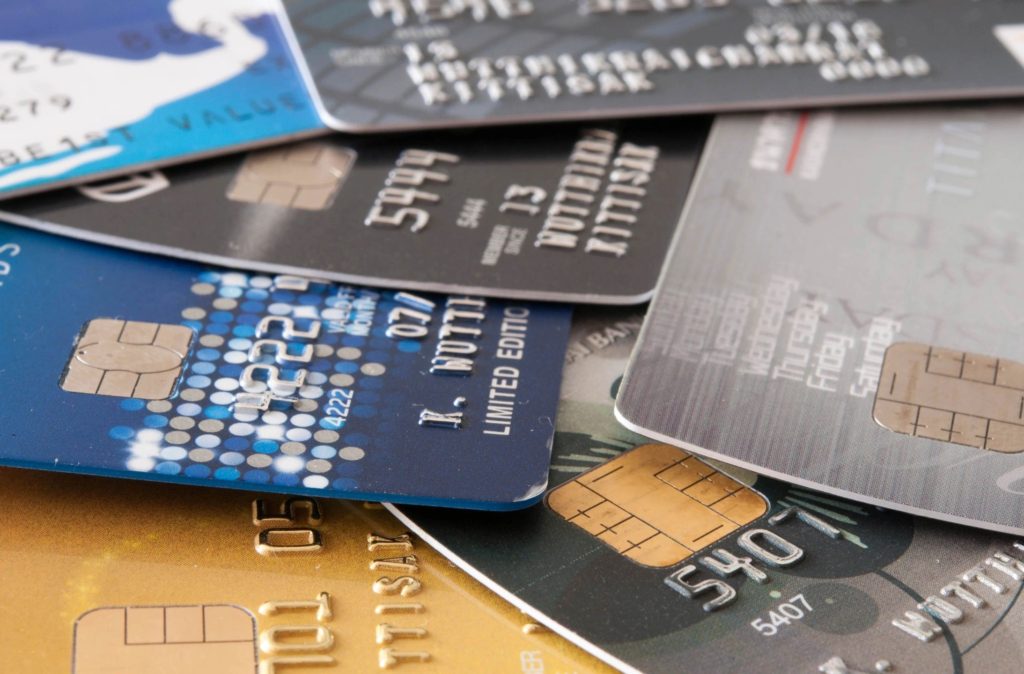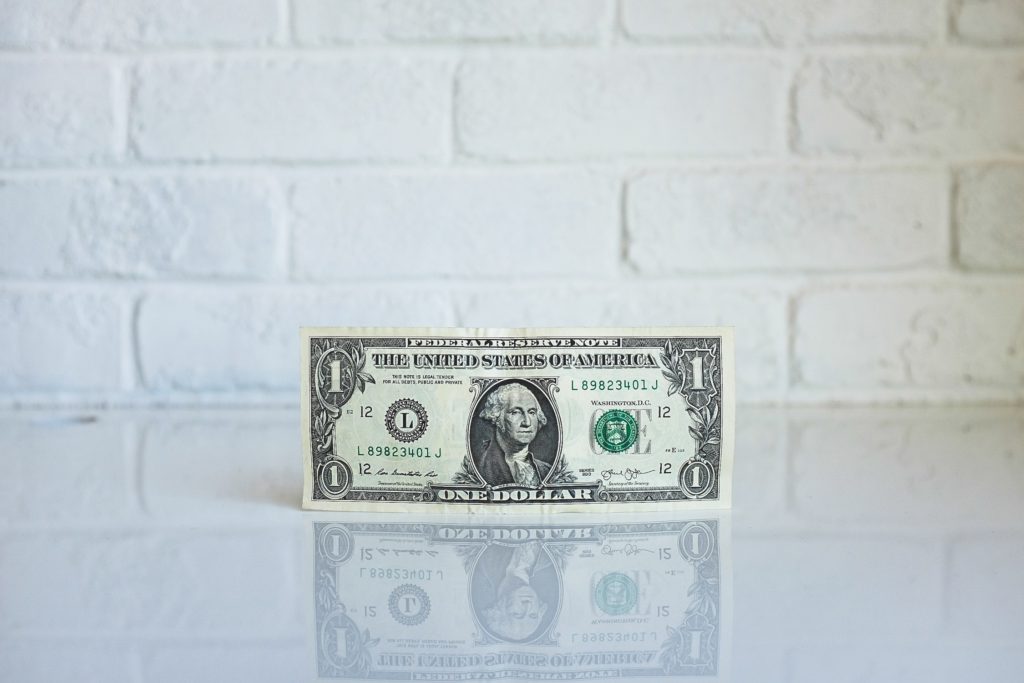This post is sponsored by Diamondlinks.
Starting, owning, and running a small business is not for the faint of heart. It takes money, knowledge, proper resources, and lots of hard work. Each type of small business or idea has it’s own obstacles to tackle. For entrepreneurs, it can be hard to figure out how to sell an idea or get investments in your idea.

You’ve seen the shows like Shark Tank where people present product idea in hopes of getting the “sharks” to invest in their products or idea. But not everyone can get onto Shark Tank. So what resources do the rest of us have?
Rusty Tweed from Tweed financial services shares his journey to starting his company on ideamensch. He is asked some interesting questions that I might not think to ask an entrepreneur myself. Ideamensch is full of interviews that are both inspiring and full of ideas. You can read Rusty Tweed interview and many others.
A friend, who is a mover and shaker in direct sales, had an awesome quote that made me think. “If your mouth is shut your business is closed”. She got to where she is in the company today because she believes in her products, she uses her products, she’s not afraid to talk to strangers about her products. She inspires me in the realm of direct sales. But there are inspirations out there for any type or business or idea. The tactful way she can start conversations about her business…well I have a lot to learn.
Don’t be afraid to show people your product or talk about your business. Carry your business cards with you. If you truly believe in your products or business potential customers will be able to tell.





